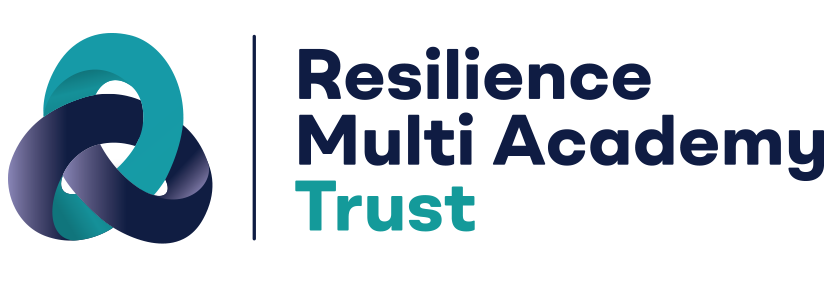KS4 English
The Importance of English in Our STEM Curriculum
At UTC Leeds, English is a vital part of our employer-led STEM curriculum. Strong communication skills are essential in STEM careers, enabling students to articulate ideas clearly, collaborate effectively, and produce high-quality reports and presentations. English is embedded in a cross-curricular plan that supports both mastery and confidence across all subjects.
Central to our approach are student non-negotiables—essential skills that every student must master. These include accurate written communication, critical thinking, and analytical reading. Carefully sequenced throughout the curriculum, these core skills underpin the teaching of English and are reinforced across other subject areas, ensuring consistency and coherence in learning.
All students in Years 10 and 11 study both English Language and English Literature. Our curriculum develops academic and creative writing, precise communication, and thoughtful analysis—skills highly valued by employers, universities, and essential for success in any profession.
Reading is also a key focus. Through engagement with a wide range of texts, students build a love of reading, broaden their vocabulary, and gain insight into different perspectives—nurturing creativity, empathy, and deeper critical thinking.
English Language GCSE
Exam Board: AQA
Year 10
Students learn how to:
- Write imaginatively and accurately for different purposes
- Analyse fiction and non-fiction extracts, commenting on:
- Implicit and explicit meanings
- Language usage
- Structural features
- Writers’ viewpoints and perspectives
- Inferences
- Evaluation of texts
Students will develop these skills across a range of topics and genres from 19th century excerpts to modern day. Students will also learn and practise how to give impressive and coherent presentations.
Year 11
In Year 11, students build on the foundations laid in Year 10, developing greater fluency and precision in their writing, becoming more confident and articulate speakers, and deepening their skills as analytical and evaluative readers. The curriculum is carefully structured to reinforce key skills through repetition and revisit prior content, with a strong focus on mastering core literacy elements—particularly spelling, punctuation, and grammar.
Students are given regular, structured opportunities to edit and re-draft their work, encouraging them to take ownership of their progress. Through ongoing, targeted feedback from teachers, they learn to reflect critically and make meaningful improvements to their performance.
Students who don’t achieve a grade 4 in English by the end of Year 11 receive continued support and re-sit opportunities in Years 12 and 13.
English Literature GCSE
Exam Board: AQA
Year 10
Students study the following set texts in full:
-
Power and Conflict poetry anthology (15 poems from the Romantic era to the present)
-
Romeo and Juliet by William Shakespeare
-
The Strange Case of Dr Jekyll and Mr Hyde by Robert Louis Stevenson
Throughout the year, students develop key analytical skills, learning how writers use language, form, and structure to shape meaning. They explore the influence of historical and social context, uncover the key messages of each text, and consider how works from different time periods continue to resonate with modern audiences.
Year 11
In Year 11, students complete their study of set texts with:
-
An Inspector Calls by J.B. Priestley
They also learn how to approach unseen poetry, developing their ability to analyse, evaluate, and compare poems with confidence and precision.
Building on the skills acquired in Year 10, students refine their exam techniques, with a strong focus on academic, analytical writing. They are encouraged to explore multiple interpretations of texts, supporting their ideas with thoughtful evidence and structured argumentation.
All set texts and skills studied over the two years are assessed through external examinations at the end of Year 11.
Useful Links:
- www.aqa.co.uk
- https://www.bbc.com/bitesize
- http://www.bbc.co.uk/skillswise/0/
- https://www.youtube.com/channel/UCM2vdqz-7e4HAuzhpFuRY8w
- https://www.sparknotes.com/


